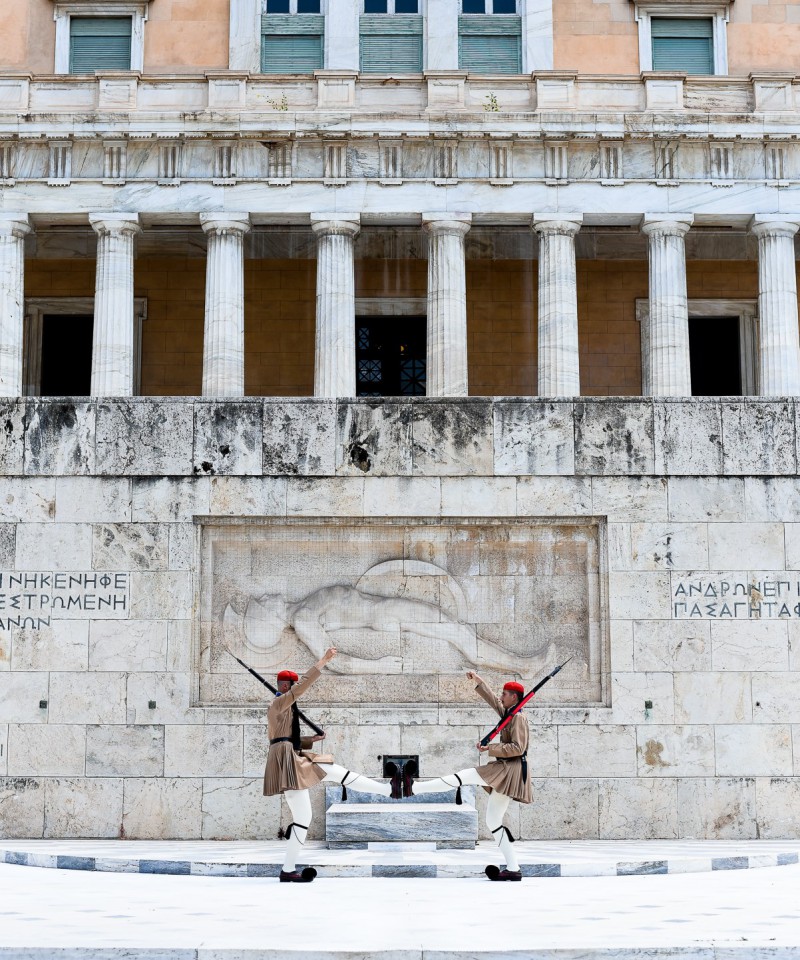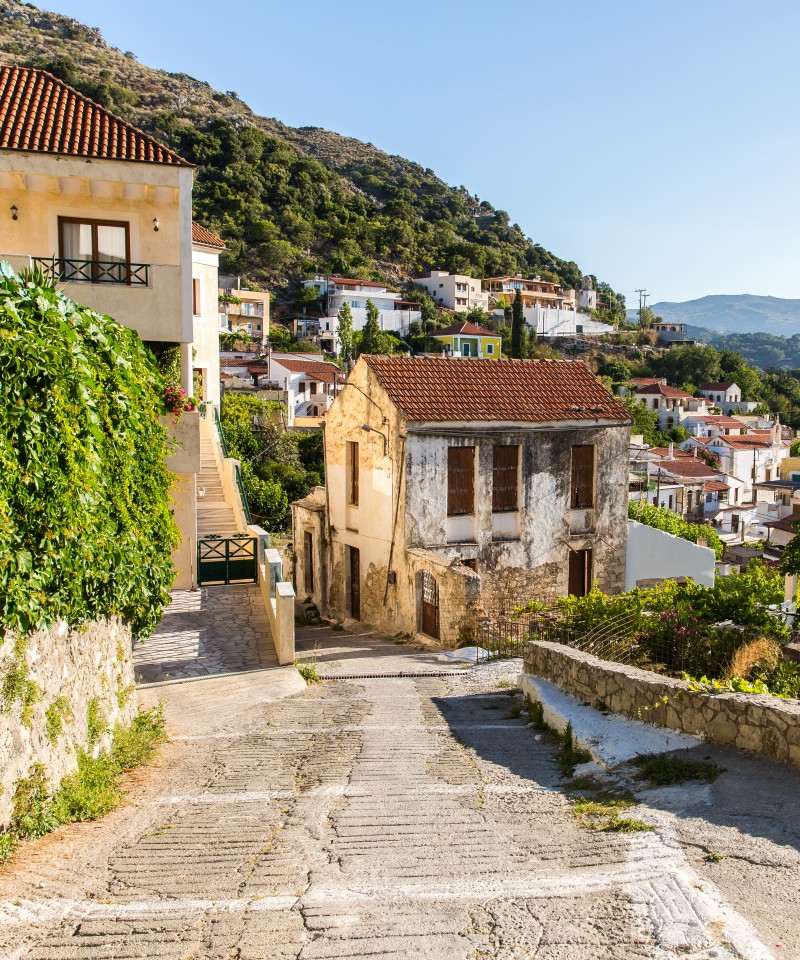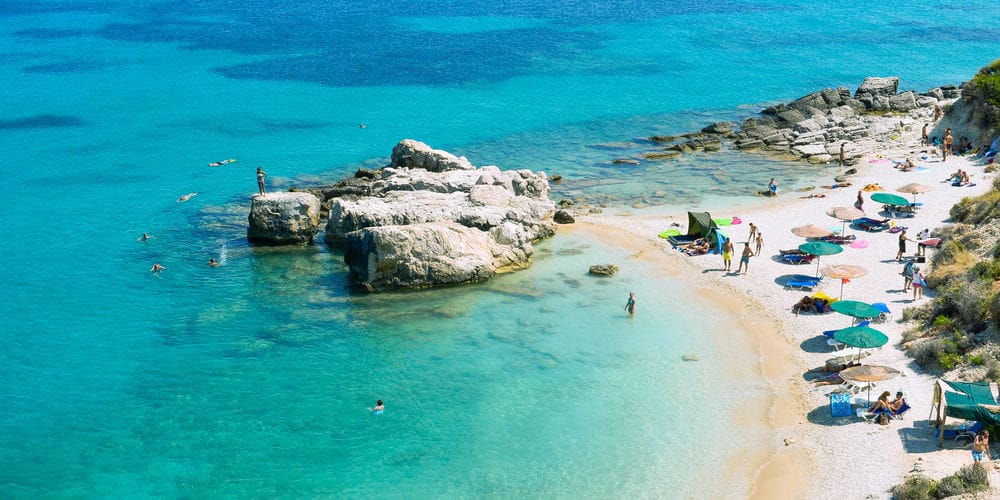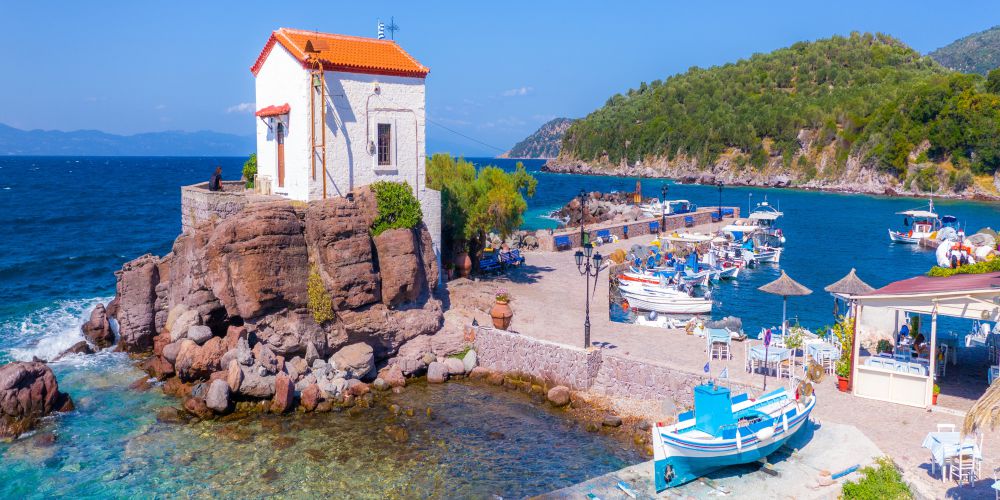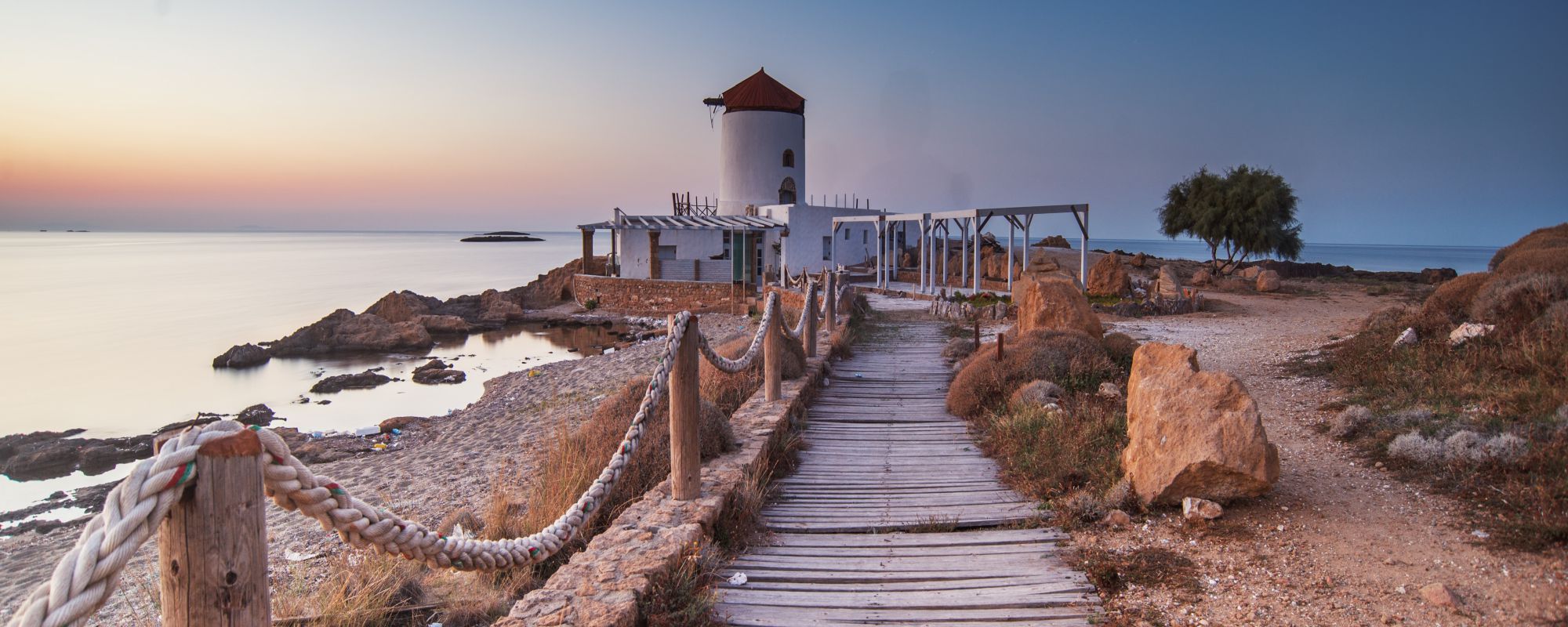
Safe Travel to Greece: Essential Tips for a Secure Journey
Key Takeaways
- Safe travel to Greece is fairly easy to achieve, as the country is generally safe for all travelers.
- Staying informed with current advisories and making thorough preparations can enhance safety.
- Understanding local safety considerations is key to a secure urban or island experience in Greece.
- Selecting secure accommodations and knowing emergency information contribute to a stress-free visit.
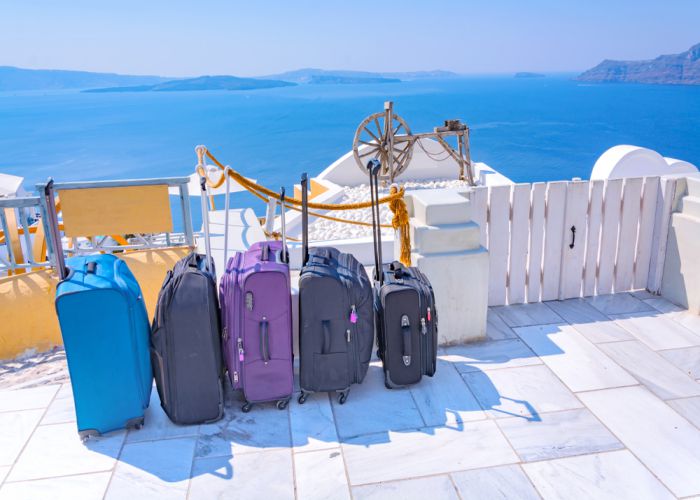
Traveling to Greece offers a cornucopia of historical, cultural, and natural attractions, from ancient ruins to sun-drenched islands.
While Greece is generally considered a safe destination, recent travel advisories highlight the importance of staying informed and preparing adequately.
Pre-travel preparations, such as enrolling in the Smart Traveler Enrollment Program and checking health notices, are advised to safeguard against unforeseen incidents and medical emergencies.
Visitors should also familiarize themselves with local customs and safety considerations specific to Greece to avoid any cultural misunderstandings.
Once in Greece, navigating the bustling cities and tranquil islands poses different considerations.
In major cities, tourists should remain vigilant, especially in crowded areas, to minimize the risk of petty theft.
On the islands, water safety and transportation require attention, to ensure a pleasurable experience.
Road safety is also a factor visitors should keep in mind regardless of the destinations they choose to visit in Greece.
To drive a vehicle, they need to carry an international driving permit and familiarize themself with the sometimes "passionate" Greek style of driving.
Lodging choices also contribute to a safe stay, and selecting reputable hotels can provide an added layer of security.
Awareness of emergency contacts, including local police authorities and one’s embassy, can provide reassurance and quick assistance if challenges arise during the trip.
Understanding Safety in Greece

General Safety Levels in Greece
Greece is known for its welcoming culture and is generally considered a safe destination for tourists.
The country's safety level is comparable to most Western standard countries, where incidents of violent crime are relatively low.
However, like many popular tourist destinations, petty crimes such as pickpocketing and theft can occur, particularly in crowded areas.
Tourists are advised to remain vigilant, especially in tourist-heavy locales, and be ready to go to the nearest police station if anything comes up.
Comparison With Other European Countries
When compared to other European countries, Greece tends to have lower levels of violent crime.
The euro has brought about economic stability which, in turn, contributes to the overall safety of the nation.
However, Greece has seen protests and political unrest in recent years, which is something tourists may encounter more frequently here than in some other Western and Northern European nations.
- Violence: Significantly lower than the European average
- Petty Crime: Comparable to other tourist destinations in Europe
- Terrorist Attacks: Rare with minimal incidents in comparison to other European localities
The Greek Government's Efforts in Ensuring Safety for Tourists
The Greek government prioritizes tourist safety, aware that tourism is a significant contributor to the economy.
Measures include a visible police presence in tourist areas and regular briefings for tourists on current safety information.
Local authorities have made efforts to minimize the impact of protests and political incidents on tourists, ensuring that major tourist sites remain open and accessible.
Pre-Travel Preparations for a Safe Trip to Greece
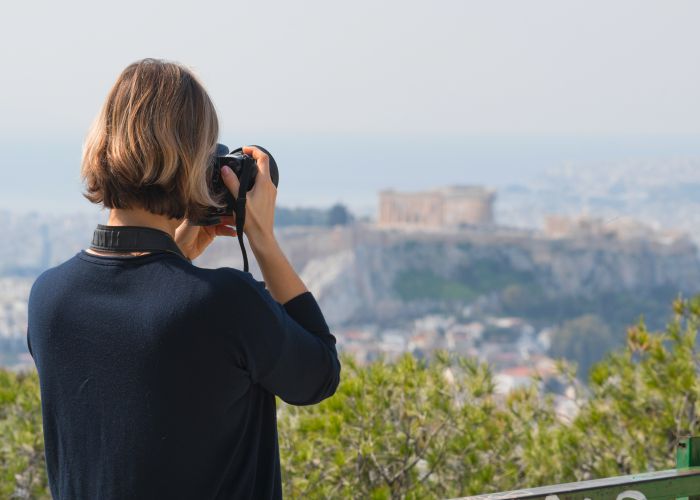
When planning a trip to Greece, ensuring safety starts with thorough pre-travel preparations.
These preparations include obtaining the appropriate travel insurance, staying updated on health advisories, and keeping your country’s embassy informed of your travel plans.
Importance of Travel Insurance
Travel insurance is a crucial investment for any traveler.
Before venturing to Greece, individuals should ensure that their travel insurance covers overseas medical treatment expenses, including medical evacuation.
It should also account for the loss of belongings, theft, and trip cancellations.
U.S. citizens are reminded that the U.S. Embassy in Athens does not cover medical expenses and that the U.S. Department of State strongly recommends maintaining substantial travel insurance during abroad travels.
- What to consider when choosing travel insurance:
- Medical coverage
- Trip interruption
- Loss or theft of personal belongings
Necessary Vaccinations and Health Preparations
Travelers should consult the Centers for Disease Control and Prevention (CDC) for recommended vaccinations before departure.
Vaccinations should be up-to-date and may include routine vaccines as well as those specific to travel in Greece.
As of the last update before 2023, there was no mandatory vaccination for travelers unless they came from or visited a country with a risk of Yellow Fever transmission.
A health professional can provide the most current advice and medical services regarding any health concerns, potential outbreaks, or vaccination requirements.
It is also advisable to carry sufficient prescription medication for the trip's duration and a copy of the prescription.
Registering Travel Plans With Your Country's Embassy
U.S. citizens should leverage the Smart Traveler Enrollment Program (STEP), a free service offered by the U.S. Department of State.
It enables the State Department to assist U.S. citizens in the case of an emergency and provides important safety information from the embassy about conditions in Greece.
Enrolling in this program also allows the embassy to contact travelers in an emergency, whether natural disaster, civil unrest, or family emergency.
- Benefits of registering with STEP:
- Obtaining important and updated safety information
- Allowing the U.S. Embassy to contact you in case of an emergency
- Making it easier for friends and family to contact you if necessary
Travelers from other countries should check if their government offers a similar service and register their travel plans accordingly.
Safety Tips for Traveling in Greek Cities
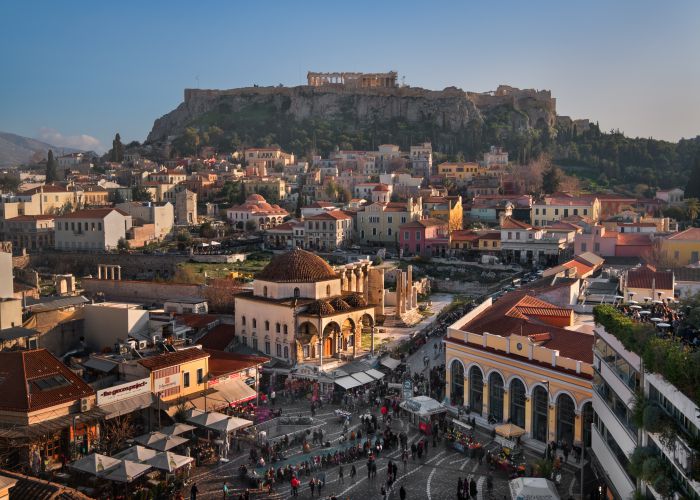
When exploring Greek cities like Athens, Thessaloniki, and Heraklion, tourists should remain vigilant to petty crimes and stay informed about safe transportation.
It's also crucial to be aware of potential scams and tourist traps.
Awareness of Petty Crimes Such as Pickpocketing
Athens and Thessaloniki are bustling metropolises where tourists can sometimes fall victim to petty crimes such as pickpocketing, especially in crowded areas. To minimize risk:
- Stay alert in tourist-heavy areas, near ATMs, and on public transport.
- Use money belts or hidden pockets to secure cash and cards.
- Keep valuables out of sight and carry bags that close securely.
Safe Transportation Methods
Navigating the cities can be safe and efficient when using proper transportation methods. For safe travel:
- Opt for official taxis or reputable car hire services.
- When using public transport like the Metro, keep personal belongings close.
- Verify airport transport options with your hotel for additional security.
Avoiding Scams and Tourist Traps
Tourists could encounter scams or tourist traps at popular destinations, bars, and restaurants. To protect themselves, they should:
- Be skeptical of unsolicited help or friendly locals insisting on guiding them or taking them to a specific place.
- Agree on prices before accepting services, especially in bars and restaurants.
- Double-check bills and receipts to ensure charges are accurate.
By adhering to these guidelines, travelers can enjoy a safer experience while soaking in the rich history and culture of Greek cities.
Island Safety in Greece

Traveling to Greece's islands can offer tourists picturesque beaches and a unique cultural experience, but safety considerations vary between the mainland and the islands, as well as from one island to another.
Differences in Safety Between Mainland and Islands
Greece boasts a plethora of islands, each with its own character and level of tourist infrastructure.
In general, islands like Santorini, Mykonos, and Rhodes are well-equipped to handle tourists, especially during the summer season when visits peak.
- Higher population density
- Diverse urban environments, from tranquil towns to bustling cities
Greek Islands:
- Typically lower crime rates than the mainland
- Some islands are more remote, which can affect emergency services' response times
Places such as Santorini and Mykonos are known for their affluence and strong tourism focus, which often means a significant law enforcement presence and well-maintained facilities.
As a result, tourists tend to feel secure while visiting these popular islands. However, visitors should remain vigilant as petty thefts like pickpocketing can occur, especially in crowded areas.
Specific Considerations for Island-Hopping
Island-hopping is a popular way to experience the variety of what Greece's islands have to offer. It's essential to plan and be aware of the specific safety considerations associated with moving from island to island.
Travel Precautions:
- Check local weather conditions regularly, as they can change rapidly and affect ferry services.
- Opt for reputable ferry and tour operators.
- Be mindful of your belongings during transits.
Seasonal Considerations:
- Summer months typically see an influx of tourists, which can lead to crowded spaces. Visitors should be attentive to personal belongings and be cautious in the vibrant nightlife scenes.
- In contrast, the off-season may find some islands with reduced services, and visitors should verify accommodation and transport availability in advance.
Each island has unique characteristics that can affect safety.
For example, while Corfu might have a lively environment with a strong tourist police presence, more isolated islands may not offer the same level of immediate assistance.
Tailoring expectations and preparations for each island's offerings will ensure a safer and more enjoyable experience.
Safe Accommodations in Greece

When traveling to Greece, tourists' safety is paramount, particularly when selecting where to stay.
Safe lodging options are readily available throughout Greece, ranging from hotels with robust security measures to resorts that are vigilant about guest safety.
Choosing Safe Lodging Options
Tourists should conduct due diligence by reading trusted hotel reviews and booking platforms that provide reliable ratings.
It's recommended to opt for accommodations with a consistent record of positive feedback regarding safety.
Hotels and resorts throughout Greece offer a plethora of choices for safe accommodations.
Key factors to consider when choosing a lodging option in Greece include:
- The location of hotels or resorts, with preference given to well-lit and well-traveled areas.
- The presence and quality of on-site security measures.
- The hotel's or resort's reputation and management's commitment to safety protocols.
Safety Features to Look for in Accommodations
When booking a place to stay in Greece, one should be attentive to the following safety features which enhance the security of accommodations:
- 24/7 Reception: A front desk that is manned at all times can provide an extra layer of security.
- Surveillance Cameras: Properly installed cameras in common areas deter unauthorized access and monitor for suspicious activity.
- Room Security: Guests should look for accommodations offering in-room safes, key card access, and secure locks.
Hotels and resorts across Greece, especially in safer regions, are often equipped with these features, ensuring a protected environment for guests.
Emergency Information for Safe Travel in Greece
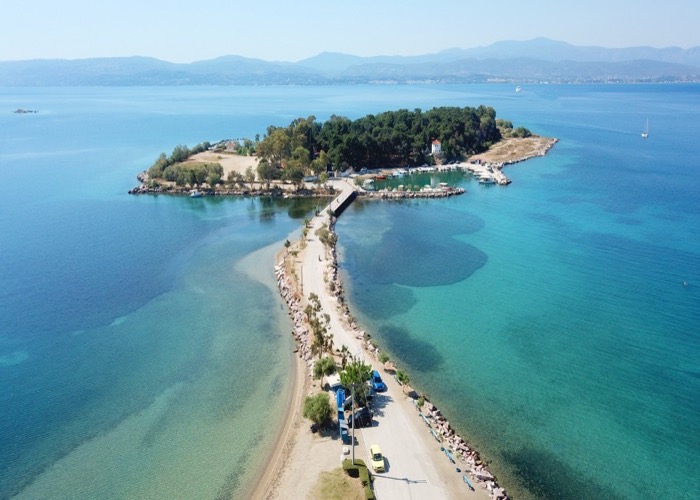
When traveling to Greece, it's essential to be aware of the key emergency information to ensure a safe trip. Tourists should take note of emergency contact numbers, and the locations of embassies and consulates, and have an understanding of the Greek healthcare system for immediate assistance in case of an emergency.
Key Emergency Contact Numbers
- General Emergency: 112 (European Emergency Number)
- Ambulance Service: 166
- Fire Brigade: 199
- Police: 100
- Coast Guard: 108
It is also recommended that tourists save the contact number of their country's embassy or consulate on their personal devices.
Locations of Embassies and Consulates
Tourists can seek assistance and support at their country's embassy or consulate. Here are contact details for the U.S. Embassy in Athens:
- U.S. Embassy Athens
- Address: 91 Vasilisis Sophias Avenue, 10160 Athens, Greece
- Telephone: +(30) 210-721-2951
- After-Hours Emergency: +(30) 210-729-4444
Understanding the Greek Healthcare System
The Greek healthcare system consists of both public and private medical facilities throughout. In the event of a medical emergency, hospitals and doctors are readily available.
While public hospitals may face severe traffic congestion, tourists can access private healthcare providers for faster service.
Pharmacies are widely available and can be identified by a green cross sign. It is suggested to have comprehensive travel insurance to cover potential medical costs.
Cultural Considerations for Safety in Greece

Respecting Local Laws and Customs
Greece has a rich cultural heritage and deeply rooted traditions. Tourists must adhere to local laws and regulations, which may differ from those in their home country.
For example, the country has strict laws against the desecration of archeological sites, and violations can result in heavy fines or imprisonment.
Visitors should also be sensitive to local customs, such as quiet hours typically observed in the afternoon and specific social courtesies like greeting shop owners when entering establishments.
Dress Codes and Behavior
Dress codes may vary depending on the location within Greece.
While casual attire is acceptable in most places, more conservative clothing should be worn when visiting monasteries or churches; women should wear long skirts or dresses, and men should wear long trousers.
Behavior at these religious sites should be respectful; speaking in a low voice and avoiding any form of disruptive conduct is expected.
Safe and Respectful Interaction With Locals
Tourists can enhance their safety in Greece by interacting with locals respectfully.
Learning a few basic phrases in Greek can be seen as a sign of respect and can greatly improve interactions.
Tourists should also be aware of gestures that may be considered rude in Greek culture.
For instance, the hand gesture known as 'moutza,' showing the palm with extended fingers, is offensive in Greece and should be avoided.
Understanding these social nuances can prevent misunderstandings and ensure a safer visit.
Food and Water Safety in Greece

When traveling to Greece, tourists should maintain a high standard of hygiene and be mindful of their Greek food and water choices to ensure a safe and enjoyable experience.
Recommendations for Dining Out
In Greek restaurants, the safety of food is taken seriously, and strict food hygiene standards are often upheld. Tourists should observe the following practices:
- Inspect food temperatures: Cold dishes should be served cool, while hot dishes should be served hot. Avoid any food items at buffets or salad bars that are not at their proper temperature.
- Hand hygiene: Always wash hands before eating, or consider carrying a small bottle of hand sanitizer.
- Seek out reputable eateries: Places with a high turnover of locals are typically a good sign of fresh, safer food choices.
Drinking Water Safety
Concerning drinking water safety in Greece, the following specifics are of importance:
- Mainland and urban areas: Tap water is generally safe for consumption in mainland Greece and in urban areas for both drinking and cooking.
- Greek Islands: Water safety can be variable; tourists are advised to inquire locally or opt for bottled water.
- It is advisable to avoid tap water for those with sensitive stomachs or in more remote locations.
By adhering to these focused guidelines, tourists can minimize the risk of food and water-related illnesses and ensure a pleasing culinary experience while enjoying the rich flavors of Greece.
Safe Travel in Greece During COVID-19
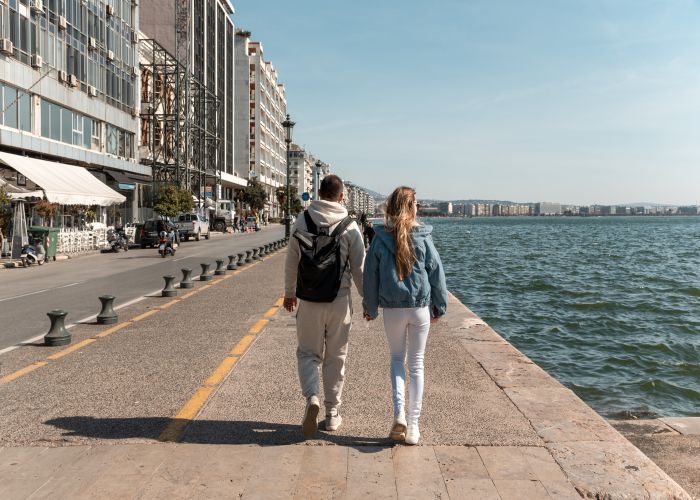
Traveling to Greece has become more straightforward as the country has eased many of its COVID-19-related travel restrictions. Visitors should stay informed about the current situation and the health measures still in place to ensure a safe trip.
Current COVID-19 Situation in Greece
As of the latest updates, Greece no longer mandates filling out a Passenger Locator Form (PLF) for incoming travelers. Moreover, proof of vaccination, recovery from COVID-19, or a negative test result is not required upon entry, regardless of the traveler's origin.
This move signifies Greece's approach to normalcy and its effort to revive tourism.
Health and Safety Measures for Travelers
While many restrictions have been lifted, travelers should exercise personal responsibility.
The Centers for Disease Control and Prevention (CDC) recommends that individuals stay up to date with COVID-19 vaccines.
Masks may be required on public transport and in some indoor spaces, following guidelines set by the National Public Health Organization.
The Athens International Airport and other transport hubs may have facilities such as wheelchair services, which adhere to sanitation protocols for the safety of all passengers.
Impact on Tourist Experiences
Despite the easing of restrictions, the traveler's experience may differ from pre-pandemic times.
Tourists can visit public spaces and cultural sites like museums without showing a COVID-19 vaccination certificate, which allows for a more seamless travel experience.
However, it is still important to respect any local health advisories and to exercise caution in crowded places to minimize health risks.
Final Thoughts

Travelers considering Greece as a destination can be assured based on current data and reports.
Greece has a reputation for being a country with a low crime rate, especially in comparison with other Western European nations. Safety measures in place continue to make it a viable option for tourists.
The COVID-19 pandemic's impact has been managed effectively in Greece, with safety protocols adapted to protect both residents and visitors.
It is always prudent for travelers to stay informed about the latest health and safety guidelines issued by the Greek government and international health organizations.
For those in the United States, checking the U.S. Department of State’s Travel Advisory for the latest updates is a recommended step before planning any travel.
Additionally, enrolling in the Smart Traveler Enrollment Program (STEP) can provide timely security messages and assistance in case of emergency.
When in Greece, travelers should exercise the same precautions they would when visiting any foreign country.
This includes being mindful of personal belongings, staying aware of their surroundings, and respecting the local authorities, laws, and customs.
In terms of travel experiences, visitors will find a rich tapestry of history, culture, and natural beauty that Greece is renowned for.
From the ancient ruins of Athens to the stunning beaches of the Cycladic Islands, the country offers an array of attractions for every type of traveler.
| Safety Measures | Recommendations |
|---|---|
| COVID-19 Protocols | Follow health guidelines and check for updates |
| Crime Rate | Low, stay vigilant as in any travel situation |
| Travel Advisory | Consult U.S. Department of State before departure |
| STEP Enrollment | Recommended for emergency assistance |
Hence, with the right preparations and precautions, those looking to visit Greece will likely have a safe and enriching travel experience.





